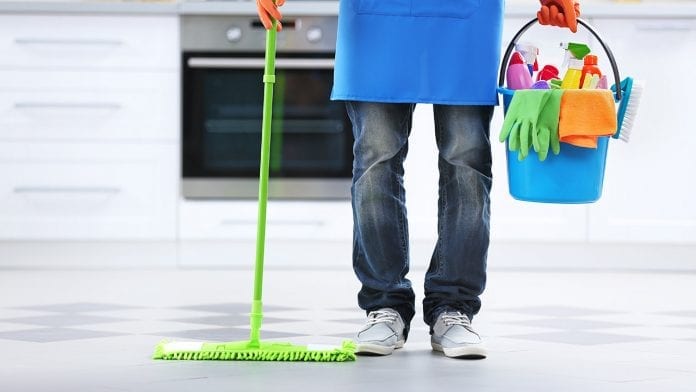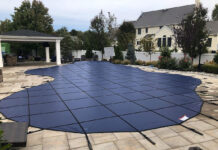Cleaning is a task that very few people enjoy unlike extreme germaphobes and OCD sufferers. However, cleanliness is essential to good hygiene which is critical to better health and overall well-being. Plus, cleaning doesn’t have to be a time-consuming, labor-intensive chore when you are doing it the right way.
Some of the most common bad cleaning habits that you should break include:
1. Leaving It Till Later
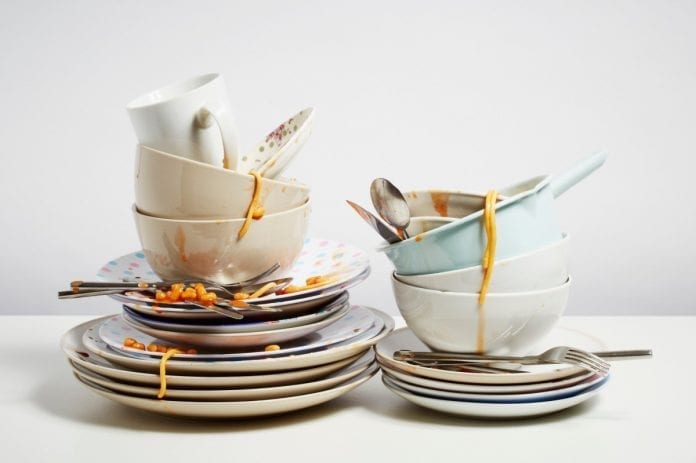
Procrastination is not a friend of cleanliness. If you wash and rinse cups, plates or cutlery as they are used, there won’t be a pile of dishes at the end of the day. Place your dirty clothes directly into the laundry hamper and pack clean clothes back in the cupboard straightaway instead of having to sort through it later. Don’t wait until the laundry basket is overflowing before putting a load in the washer. Wipe up spills and messes immediately. Make your bed first thing in the morning, you will feel awesome and productive the whole day.
All these tasks only take a minute or two to complete if you do it immediately but can take much more time and effort if left till later. If you need more cleaning tips visit this hyperlink.
2. More Is Not Better
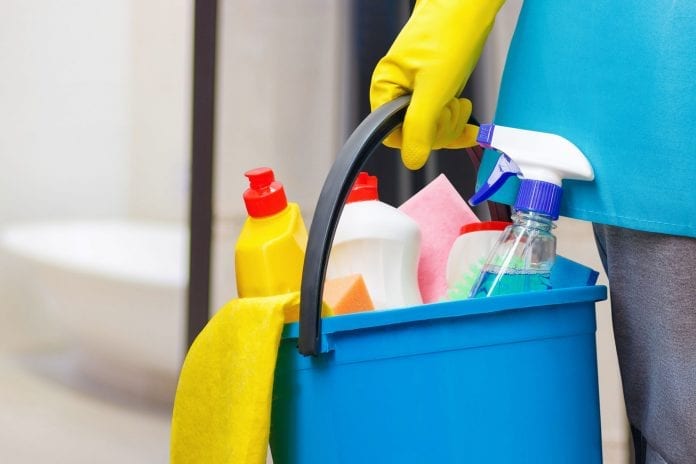
Most people are under the impression that using harsher chemical cleaners or more of a specific cleaner will get the job done faster. This is not the case. In most cases, simple household items like bicarbonate of soda, vinegar, and lemon juice do just as good a job as the most expensive and harshest chemical detergents – minus the health hazard and the damage chemical cleaners can do.
Using too much detergent simply leaves a residue or film behind that needs to be rinsed off meaning more work for you. This residue can also result in surfaces and floors appearing dull or even dirty – even after you have just cleaned. Using less and diluting detergents is often a more effective cleaning solution. Follow the instructions on the detergent bottle for the best results.
3. One Size Does Not Fit All
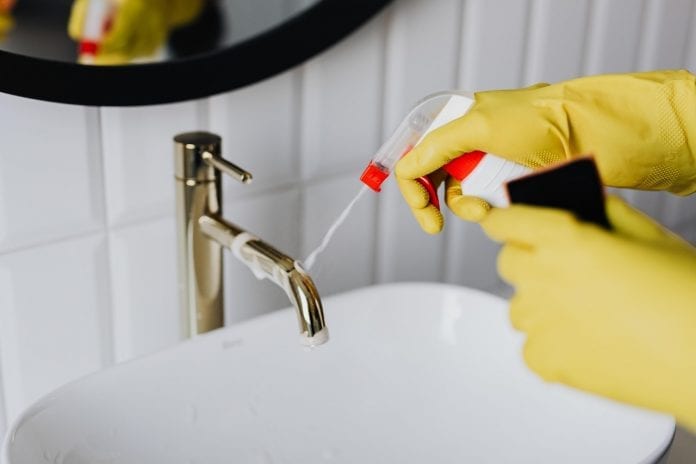
One type of cleaning detergent is not suitable for cleaning the entire house. Every detergent is specifically designed to tackle specific types of dirt and grime. For example, dishwashing detergent breaks down oil and grease on your dishes. Bleach is an acid that removes stains but can also fade colors including on surfaces and can damage wood, plastic, and other materials. Ammonia-based cleaners are abrasive and great for scrubbing sinks, bathtubs, and showers but will scratch and damage smooth surfaces such as those on appliances.
So choose the right product to the job and avoid using the same detergent to clean everything in your home.
4. The Right Tool For The Job
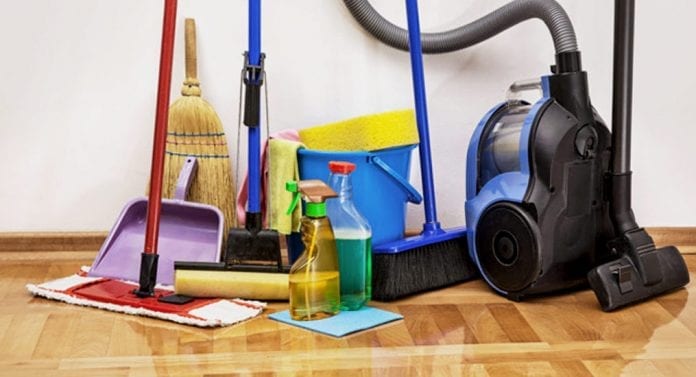
Having the right cleaning materials, tools, and equipment to do the job will make the entire task much simpler and much faster, according to Beavermaids.
Sweeping a floor is going to take longer than vacuuming. Washing floors on your hands and knees is going to be a greater task than using a mop. So make sure that you have the right cloths, sponges, brushes, brooms, mops and other cleaning tools and materials to clean more effectively. It does not have to be expensive; it can be cheap but durable and long lasting.
It is also recommended to prepare these tools before you start cleaning. This will save you the time and effort it takes running back and forth to get what you need as you move from room to room. A cleaning caddy is ideal for carrying all you need. You can store it together, so you can easily find it when you need to clean.
5. Dirty Tools
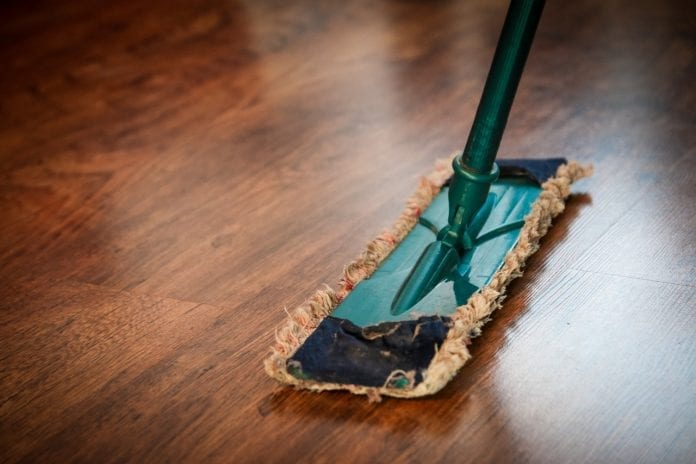
You simply cannot expect to clean effectively if your cleaning tools and equipment are dirty. These should be washed or cleaned and left to dry after every use. Not only will this mean a more effective clean but will also ensure that the tools and materials last longer so that you don’t have to continue buying new ones.
This includes cleaning your dishwasher and washing machine. Filters and drainage outlets need to be cleaned regularly. These appliances should also be serviced and maintained by a professional technician according to the instructions provided by the manufacturer in the user manual.
6. Avoiding A Spring Clean
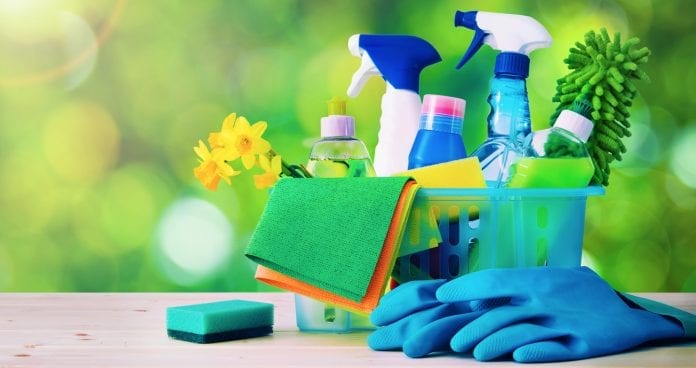
Spring cleaning is an extremely necessary deep clean which usually takes place as winter turns to summer. However, this deep clean should preferably be performed more often and involves cleaning every part or the home, from top to bottom, especially those places that are neglected as part of your regular cleaning routine. If you are finding it hard to summon the cleaning inspiration to kick in, hire a house cleaner like NoMoreDustMaidServices, to handle the cleaning task.
The process also gives you the chance to get rid of items that haven’t seen the light of day or been used in months. Broken and damaged goods that you haven’t gotten around to fixing can also be chucked. Keeping these items results in clutter and hoarding which is not just messy but unhygienic and makes it difficult to keep your home clean. Remember that you can also donate items to friends, family or charity or sell them in a garage sale.
7. Using too much Bleach
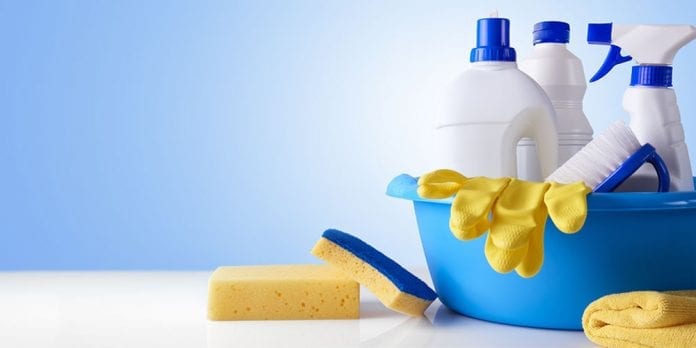
Some people rely on using bleach on everything they clean, but bleach is not a good cleaning product as we thought as it be. It has a harsh ingredient that will damage your house. For example, using bleach in cleaning your tiles will damage the grout in your tiles and create holes in it. It can also remove the luster on the tiles and the layer that protects it, and this will cause crack and damage.
You can use alternative products in cleaning your house such as vinegar and baking soda. Vinegar has similar cleaning capability like bleach, it can disinfect without harming or damaging your house. While baking soda can help you clean your sink, kitchen, bathroom, and floor tile and grout. Some people prefer natural cleaning using baking soda, because it can also whiten and eliminate unwanted odors.
